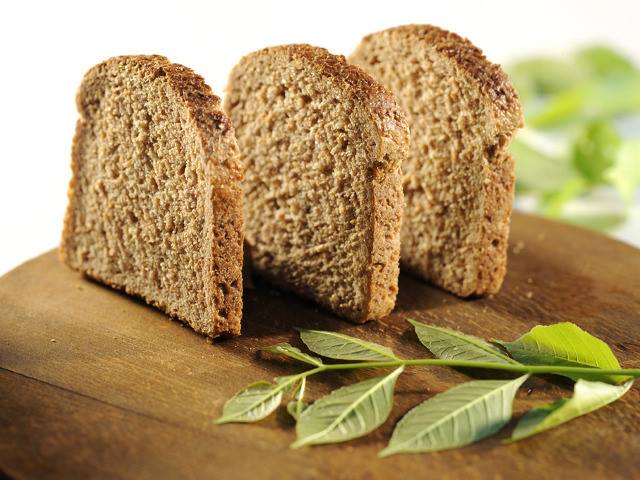The benefits of whole-grain bread
25 centuries ago, Hippocrates profoundly advised us to eat whole-grain bread: “We should eat wholemeal bread!” His voice, however, resonated in the endless wandering of people and their wrong beliefs that white bread is better than whole-grain bread. For instance, white bread was a symbol of financial status, of the privileged class, whereas “black” bread was associated with the poor.
Fortunately, in the 20th century, people studied whole-grain bread and realised its healthy benefits and usefulness. Logically, the popularity of whole-grain bread has grown and an increasing number of people start to prefer it.
For example, the diet of the Hunza people, recognised by nutritionists as the healthiest diet in the world, includes bread with every meal. However, the bread they consume is made of grains that are ground, kneaded and baked on the same day. The bran and the husk of the grain is not separated; this is what makes the bread of Hunza so beneficial. Sometimes, these people added other products when preparing breads, including oats, rye, millet and buckwheat. These products were also ground in their whole, without removing the bran or the germs.
